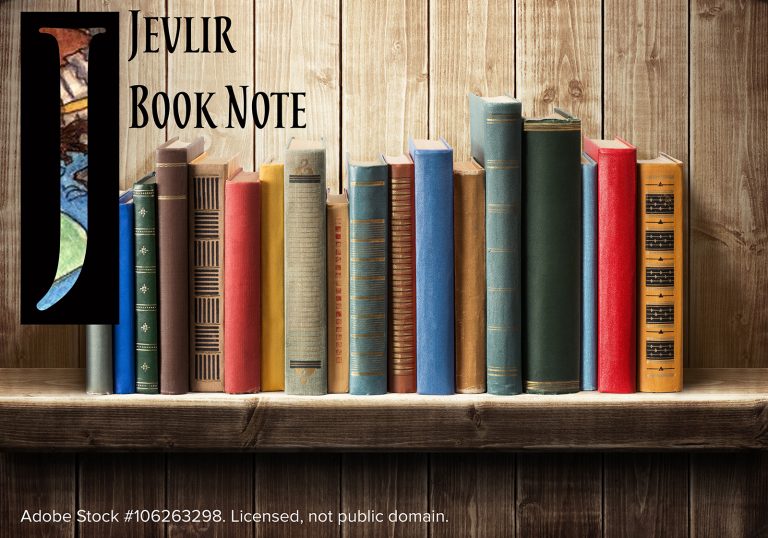Not WHAT You Read but HOW
Occasionally one of my Christian acquaintances will question my taste in reading, movies, TV programs, or even games, though having attained 50 years of age, video and other online games are less a part of my life than they used to be. I don’t think their question is inappropriate, but I do very often disagree with their suggested choices.
But I was thinking about this today, and it occurred to me that we have a much bigger problem with how we read than with what, and this problem not only applies to fiction and other entertainment, but also to our informational reading. No matter what we read, we have two choices: 1) We can be led along by the author wherever he leads, or even to places he may not have intended, or 2) We can read with an active mind, discernment, and will.
- By an active mind I mean one that is tuned to what one is reading or viewing, and is considering and evaluating it.
- By discernment I mean use of whatever moral standards one has chosen to evaluate or judge actions or statements.
- By will I mean the ability to put one’s evaluations into action.
For my wife and I, TV programs in the evening often result in ethical, political, or religious discussions. We watch characters and ask questions like these:
- Is that realistic? Would a person like the one portrayed do that?
- What would I do in those circumstances?
- Can I understand and excuse, if not approve, what the character did?
- What if the world really was like that?
. . . and there are often many more.
When I listen to a news story, I’m asking questions like these:
- How was that statistic derived? What questions were asked in a survey, or what data was collected in order to accomplish that?
- Is there more context to this story?
- On what basis does that pundit make his predictions?
- Can I find a reference for that information and check it out?
Now I’m not some sort of paragon of virtue who checks every single fact he reads or hears. But before I make something my own, I do check references and determine whether it is well-supported or not.
Finally, I will also ask just how much of my time I want to spend watching that particular kind of show, or reading that particular kind of book. Is it constructive for me at this point in my life? Is the time I spend with it balanced?
Many times, people will spend hours watching a disaster or true crime story on TV, and feel superior to a person who watches a violent show or plays a violent video game. But were the folks who watched O.J.’s odyssey in the white Bronco using their time any more wisely than the most addicted teenage video game fanatic? Were they improving their minds or their bodies? Were the truly engaged in recreation?
Despite the title, I think there are things that are better left unread or unviewed. But I think that is a much less important issue than your decision to live your life with mind engaged. It may not all be in how you read, but much of it is.
I’ll take the risk that you may decide my blog is not the best way to spend your reading time!
Discover more from The Jevlir Caravansary
Subscribe to get the latest posts sent to your email.


